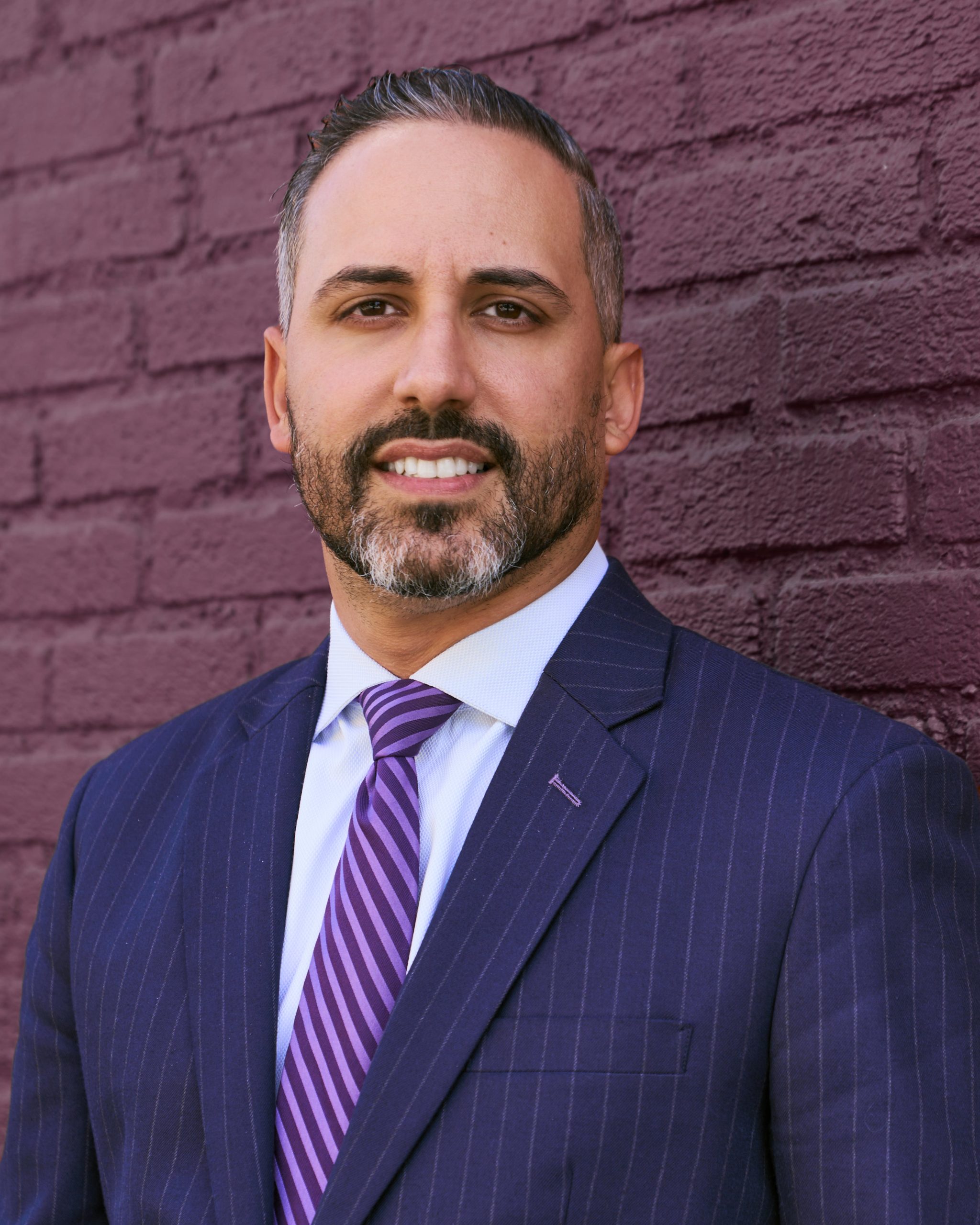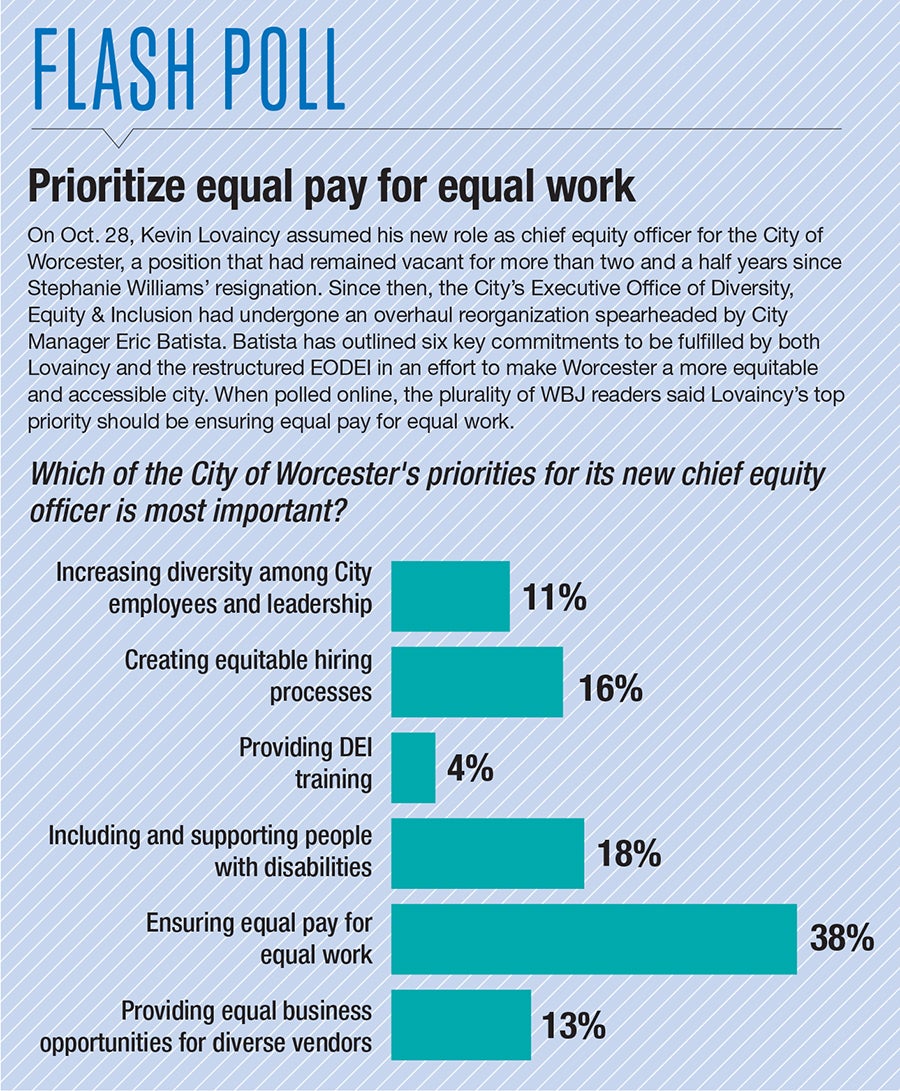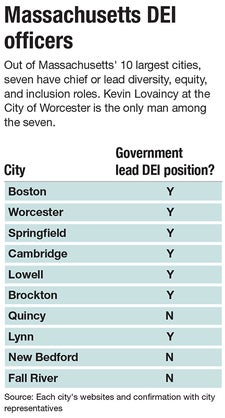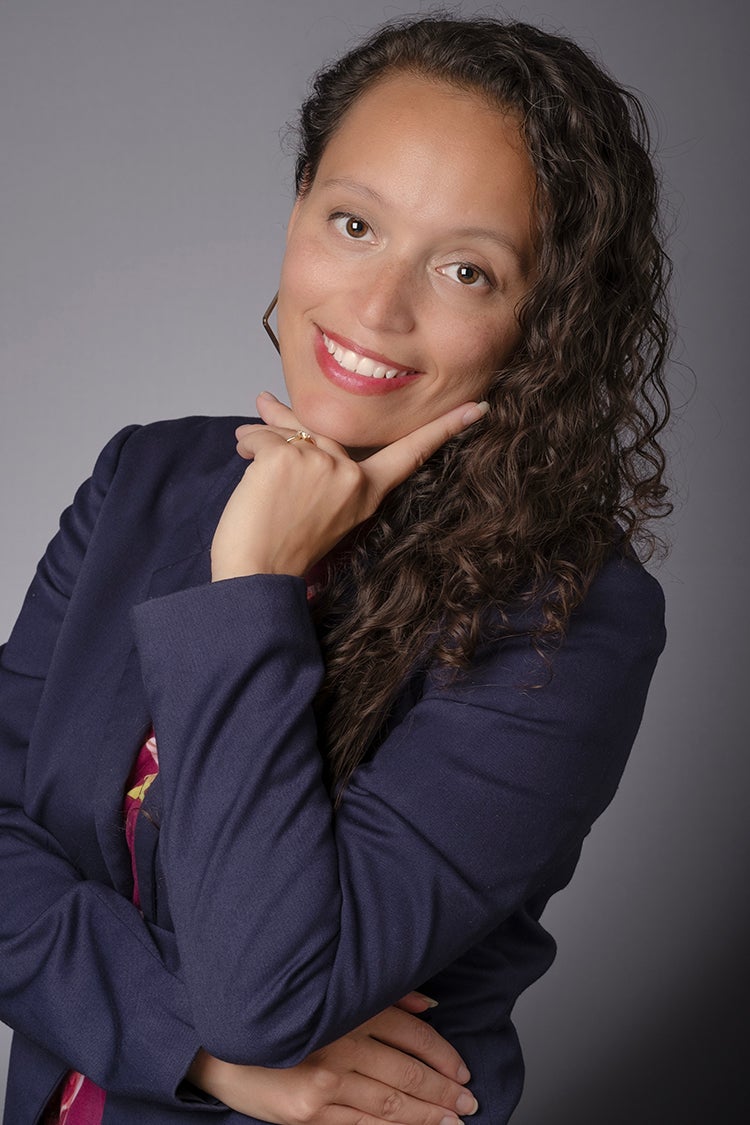Until October, the City’s chief equity officer role had been vacant since April 2022.
Get Instant Access to This Article
Subscribe to Worcester Business Journal and get immediate access to all of our subscriber-only content and much more.
- Critical Central Massachusetts business news updated daily.
- Immediate access to all subscriber-only content on our website.
- Bi-weekly print or digital editions of our award-winning publication.
- Special bonus issues like the WBJ Book of Lists.
- Exclusive ticket prize draws for our in-person events.
Click here to purchase a paywall bypass link for this article.
While the likes of Walmart, Harley-Davidson, and John Deere were all rolling back their diversity, equity, and inclusion efforts and initiatives in 2024, the City of Worcester had been hard at work searching for its new chief equity officer.
Until October, the City’s chief equity officer role had been vacant since April 2022 and talks of a replacement were clouded with controversy as none of the three previous officers had stayed in the position for much longer than two years.
But after two and a half years, three rounds of searching, and one rejected offer, Kevin Lovaincy filled Worcester’s chief equity officer role on Oct. 28.
While leading DEI efforts for the second largest city in New England was a heavy enough lift in itself, two months after Lovaincy assumed his role, the U.S. Department of Justice released egregious findings of its investigation into the City of Worcester and the Worcester Police Department. City Manager Eric Batista tasked Lovaincy and the Executive Office of Diversity, Equity, and Inclusion to spearhead a number of initiatives addressing the findings.
Lovaincy isn’t daunted by the task. Equipped with years of DEI leadership experience, his own lived experience, and a strong equity lens, he’s looking forward to stepping into a role he knew wasn’t going to be easy.
A systems approach
Lovaincy's goal was always to ensure his DEI work had a greater impact on his community. Having previously held leading DEI roles at institutions including Quinsigamond Community College in Worcester and the Massachusetts Department of Public Health, Lovaincy saw the City’s chief equity officer role as affording him that opportunity.
Lovaincy’s prior work in both public health and higher education caught the attention of Batista. Lovaincy takes a systems approach to the work he does, said Batista, meaning he tackles the structural designs and business practices creating systemic inequities.

“The work that we need to do in our municipal government, it's institutional work. It's systemic work,” said Batista. “We need someone with that mindset, and he brings that.”
In an effort to attract a candidate like Lovaincy and ensure his success and longevity in the chief equity position, Batista initiated a reorganization of the City’s EODEI. These changes included ushering the City’s divisions of human rights; investigations; and training and development under the chief equity officer’s management, along with elevating the position to a cabinet role.
Even with all these efforts, Batista admitted he may still be biting off more than he can chew with what he’s asking of the department. The office may need to add more people to the office given the amount the position is responsible for.
“I'm committed to evaluating that and seeing how that grows,” Batista said.
Listening, learning, trusting
DEI work is a journey, said Lovaincy. The work can’t be done in a day; he sees DEI officers burning out when they attempt to take on everything and have a timeline to get it done. Instead, Lovaincy aims to take this work day by day, and that starts with listening, learning, and exploring the historical and cultural context of the city and its municipal government.
“You don't want to come in and strong-arm your agenda or try to make changes without getting to know the players and getting to know the history,” he said.
For Lovaincy, this learning begins with meeting with the City’s internal team to make sure the administration is set up for success. Then he plans to move on to making himself accessible to the public in an effort to promote transparency and build a bridge of trust within the community.
From this research, Lovaincy said the most urgent matters will rise to the top, and those are the concerns he plans to tackle first.

Reforming the police department
One of the City’s most pressing concerns has already presented itself to Lovaincy. The DOJ’s investigation of the Worcester police, released on Dec. 9, has led to a large community outcry and calls for significant reforms.
The DOJ report details multiple disturbing civil rights violations by the WPD between 2018 and 2022 including use of excessive and unjustified force, disproportionate policing of minority racial groups, and sexually assaulting women, especially those suspected to be involved in the sex trade, under threat of arrest.
On Dec. 16, the City established a hotline for people to report alleged misconduct by police officers. That hotline is being managed and operated by the EODEI. Lovaincy and his office will use the data collected through this hotline to identify issues needing addressing.
In addition, Lovaincy said he is working with Worcester’s Interim Chief of Police Paul Saucier to address the DOJ’s report and to strengthen the relationship between the community and the police force, with a main component of their work centering around DEI and implicit bias training.

“I deeply believe in ongoing training to address behaviors, to address how people are socialized, but also to inform their policy as well too,” said Lovaincy.
Training is essential, said Lovaincy, even as he acknowledges the counterargument against this approach, which is essentially that officials need to be taught not to abuse their power in such violent ways.
The training he and his office are looking to implement starts with analyzing how individuals are socialized on interpersonal, institutional, and societal levels. This means understanding microaggressions and thoughts versus actions, the importance of power and control dynamics, and covering historical policing.
“If you start with training before officers hit the streets, they have a better understanding impacting their ideology. So now the next time they're approaching a population that may be marginalized or minoritized, they have the education behind that,” said Lovaincy.
Prior to Lovaincy’s appointment, city police officers had already been offered training around bias, discrimination, and harassment. Lovaincy said that training will continue with the goal of reaching every active service member.
In addition, Lovaincy is exploring the option of creating a use-of-force review board for the WPD and is actively creating an interactive racial equity dashboard to allow the community to check in on where the City is at in addressing different recommendations to promote a more equitable city.
It takes a village
No matter the context in which Lovaincy is tackling DEI efforts, he uses the framework of intersectionality.
Intersectionality, a term coined by advocate and scholar Kimberlé Crenshaw in 1989, refers to how an individual’s multiple identities, such as sex, race, and class, intersect and compound with one another, creating nuanced forms of oppression and privilege.
“I'm not only focusing on one trait. I'm focusing on the person as a whole and everything that encompasses that person,” said Lovaincy. "You're looking at the multiple identities of a person, and how does that interact with their lived experiences or the barriers that they face.”

Effective equity work at its core is intersectional, said Hayley Haywood, founder of equity-based consulting firm Elevating Access in Worcester.
As Lovaincy develops in his new position, Haywood said people need to first analyze the context in which he is working. Equity work takes time and support to prosper.
Having the right infrastructure, resources, and team behind the position will prove critical. Lovaincy will need to have a critical eye to the City’s hiring practices, community engagement, and professional development, she said.
“Before we look to Kevin, we also have to look at the environment we've created for him to be successful in that work,” Haywood said. “A city that's truly committed to equity is going to embed it in everything they do.”
Lovaincy’s position is accountable for different stakeholders with varying priorities and different levels of knowledge of equity work with differing levels of motivation to do that work, she said. Haywood has seen many chief equity officers not provided the positional power necessary to make needed structural changes.
“That's a lot to navigate and hold, and so it really requires a village of supporters and advocates,” Haywood said.
Batista said he is committed to being a champion of Lovaincy and his recommendations.
In his capacity as city manager, the role directly overseeing Lovaincy, Batista said he must create an environment in which changes can be made, even if those changes are within himself as a leader.
“A good leader creates a culture,” said Batista. “If I'm not allowing my staff to feel open and welcomed enough to have a conversation with me, even when I'm not doing something right … then I'm not really being a good manager and a good leader.”
For Lovaincy, that support is already readily apparent and he feels lucky to have it.
Lovaincy knows he has stepped into a role full of needs and challenges, but he’s not intimidated because he sees those challenges as opportunities for success.
“I fell in love with the city and what it has to offer and how I can be impactful,” said Lovaincy.
Mica Kanner-Mascolo is a staff writer at Worcester Business Journal, who primarily covers the healthcare and diversity, equity, and inclusion industries.
